-
What is Creatine?
If you’re into fitness or bodybuilding, then chances are you’ve heard about creatine, and if not, you can learn all is to know about this bodybuilding resource just by reading this article. Creatine is a great way to help you bulk lean as well. So make sure you read our article about how to bulk lean next.
Creatine is one of the most studied supplements mostly because of its widespread popularity among bodybuilders and people in the fitness community in general.
Research on creatine as a supplement dates back as far back as 1912 after scientists found out that increasing creatine intake can drastically improve muscle formation.
Creatine is an amino acid or protein building block and is made up of methionine, glycine, and arginine and occurs naturally in your skeletal muscle ie muscles that move with an occurrence of about 95%, with the rest being present in various major internal organs such as your liver, kidney, and brain.
It can also be found in protein-rich foods as well, especially in various types of meat and seafood, and is named after the Greek word for meat! (Kreas) .
-
What Is Creatine Used For?
Imagine squeezing a half-empty bottle of water. it’s pretty easy too, right? The water levels are still just halfway so the plastic bottle isn’t sturdy and has a bit of wobbliness to it.
Now imagine squeezing the same plastic bottle, only this time, it’s filled to the brim. I’d outright say that’ll be a bit difficult to pull off.
Now what creatine does to your muscles is draw some good ol’ H2O into your muscle fibers to give them more thickness and sturdiness.
In addition to appearance, creatine can also boost performance. It does this by producing ATP, the energy currency of the body, elevating your energy levels during high-intensity exercises leading to improved performances overall.
Studies also show that creatine supplements can be used to boost brain function as well as endurance in short high-intensity sports.
-
What Are The Forms Of Creatine?
Creatine exists in various forms such as:
- Creatine Monohydrate
- Creatine HCl
- Creatine Magnesium chelate
- Creatine Citrate and Creapure (Micronized Creatine) Buffered Creatine (Kre-Alkalyn) –
- Creatine Ethyl Ester Liquid Creatine
- Creatine Anhydrous
- Creatine Citrate
- Creatine Alphaketoglutarate/Creatine AKG
With the most popular being Creatine HCl and Creatine monohydrate.
There is an ongoing debate amongst creatine users about which of the two is a better form of creatine for bodybuilding so we’ll discuss them right now.
Creatine Monohydrate: Most of the creatine supplements you may have come across on fitness pages or even used yourself have an incredibly high probability of being creatine monohydrate.Creatine monohydrate is a combination of 88% creatine and 12% monohydrate.
The reason why creatine is so popular and widely used is that creatine monohydrate is the most researched form of creatine so it has an abundance of advantages over other forms of creatine such as
- Being the safer bet for use
- Costs less per serving because it’s been around a while
- Overall just being the better supplement; studies have shown that other newer forms of creatine when compared to monohydrates either match or underperform comparison.
Old is gold, huh?
Creatine HCl: The second more popular form of creatine is just creatine bound to hydrochloric acid.
There are some claims that creatine HCl reduces the possible side effects of basic monohydrates such as bloating and water retention, and has a better solubility and absorption rate due to the presence of HCl.
Other studies show that while creatine may have a better absorption rate and saturate the muscles at a smaller dose, it arrives at the same result as monohydrate performance-wise.
As to which of the two is better, we’re generally biased towards classic, old-school stuff, but if you’re looking for which creatine to get started with, either of the two is just fine!
-
Is Creatine A steroid?
Creatine is NOT a steroid. This is a popular misconception about creatine that has been floating around for some time now, but they couldn’t be farther apart.
Scientifically, a steroid is a chemical compound with 4 cycloalkane rings; 3 of these rings are cyclohexane and one of them is cyclopentane.
Examples of steroids include cholesterol, naturally produced by the body and found in eggs, and some frying oils and hormones such as estrogen and testosterone.
Creatine, on the other hand, is a tripeptide compound derived from glycine, arginine, and methionine.
It is also important to point out that while steroids are illegal, the purchase and use of creatine supplements are legalized and are also frequently used by athletes around the world whereas steroids in sports are outlawed.
-
Who Can Use Creatine?
Anyone into bodybuilding looking to increase muscle definition and performance can use creatine. From your average gym bro to bodybuilding legends such as Mr. Olympia Samir Bannout, the Lion of Lebanon, and Ric Drasin are recorded to have used creatine even during competitions to increase definition, muscle growth, and performance in the gym.
-
Must I Do a Creatine Loading Phase?
Creatine loading is taking a higher dose of creatine to saturate your muscle’s creatine stores faster. Creatine is a saturation supplement, which means it has to be taken regularly for a while to saturate your muscles.
Creatine loading is usually done in order to get faster results and so a serving of about 20 grams per day for a week is usually taken for the loading phase.
The loading phase isn’t necessary at all; creatine can be taken long-term and has no on and off sequences so you can still achieve saturation albeit in a longer amount of time.
Creatine loading may not be necessary but it doesn’t have any side effects asides from being expensive and maybe bloating.
-
What Are The Side Effects of Taking Creatine?
Creatine is safe and poses no threat to one’s health. That being said, individuals are different and some people may experience minor side effects from taking creatine.
These include
- Bloating
- Dizziness
- Diarrhea
All of which can be drastically reduced by taking the required daily dose of 3-5g.
The misconceptions that creatine causes kidney failure are false.
After caffeine, creatine is the most researched sports supplement. It’s safe, easy to use, and requires no on-off cycle. So if you’re looking for additional strength and bulk, don’t hesitate to add creatine to your arsenal of supplements.
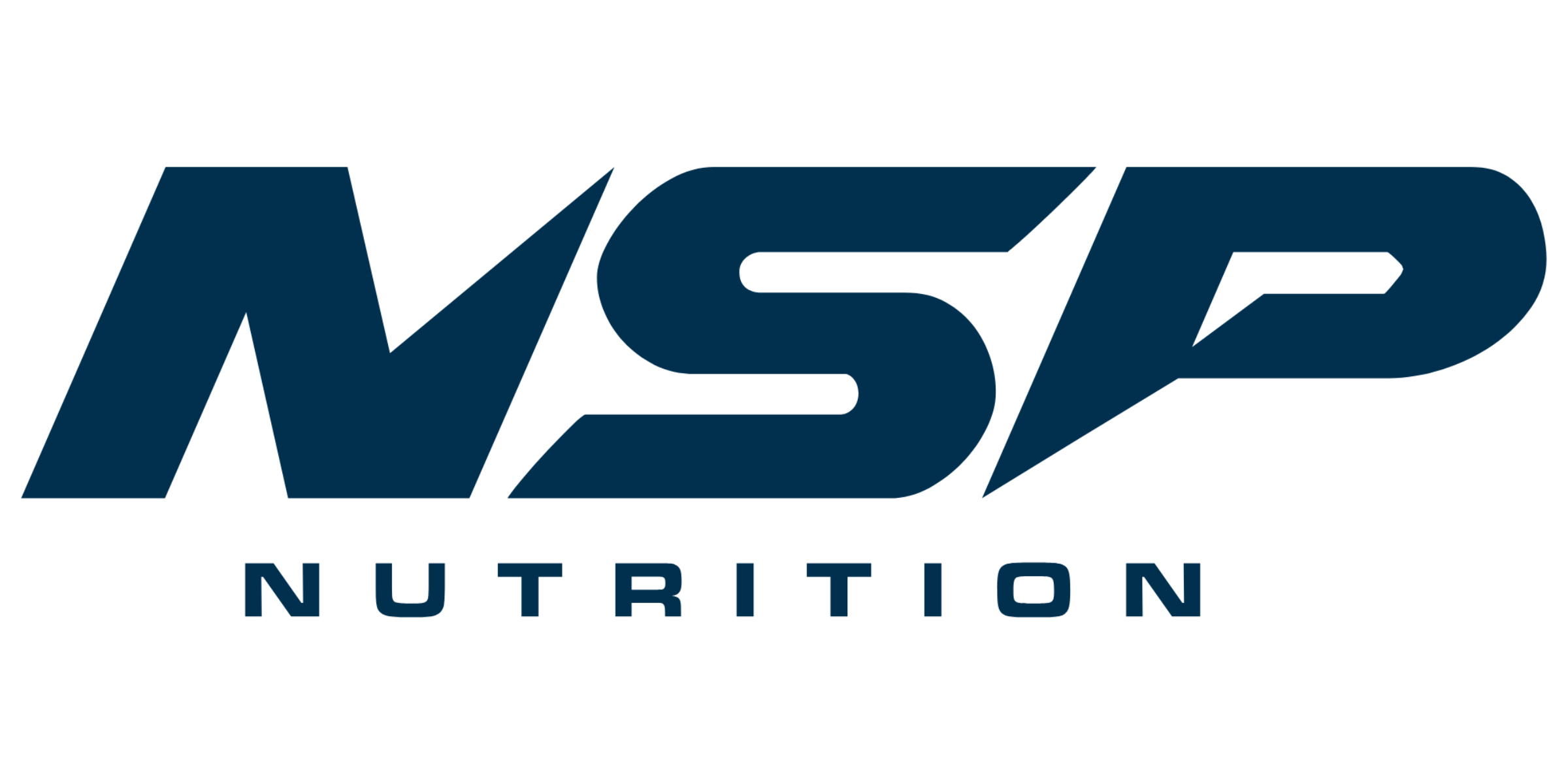
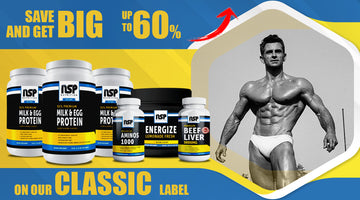



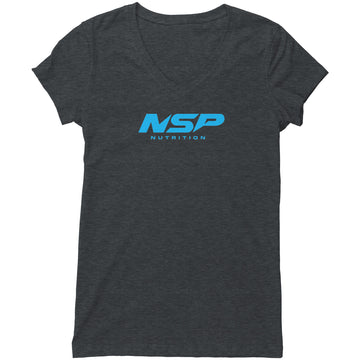
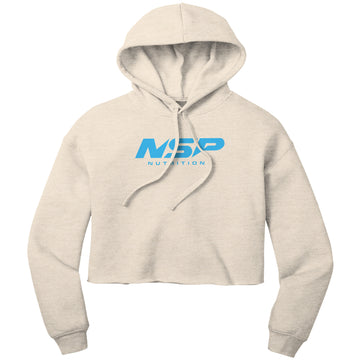
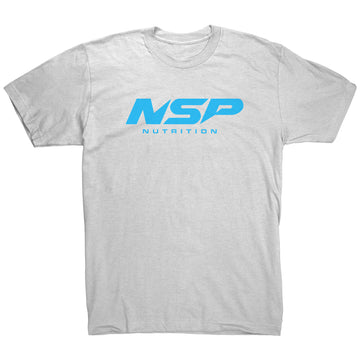
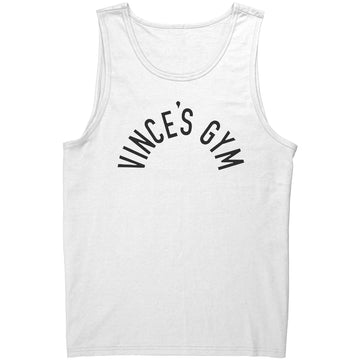


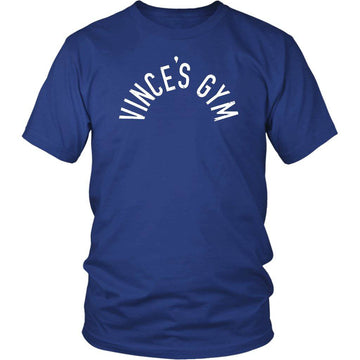

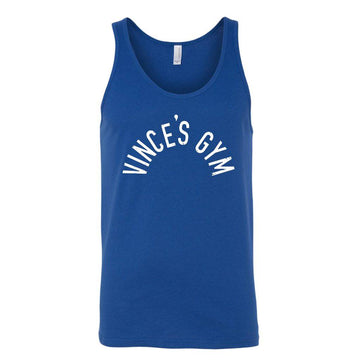

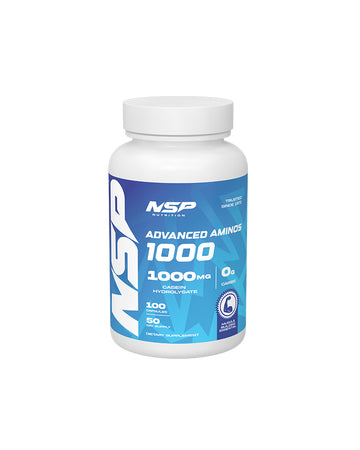
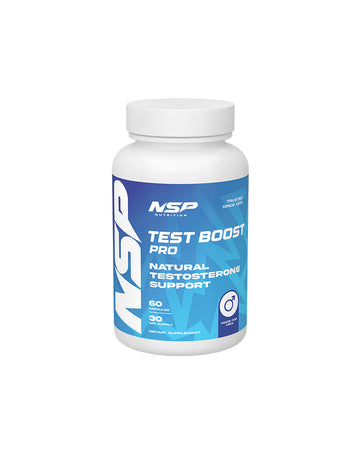
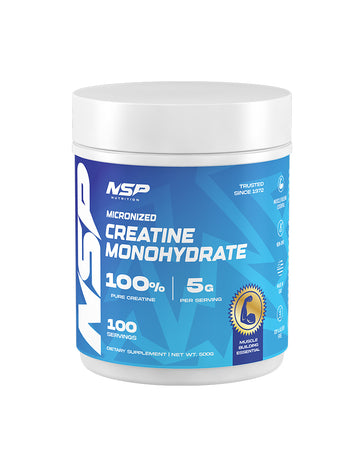
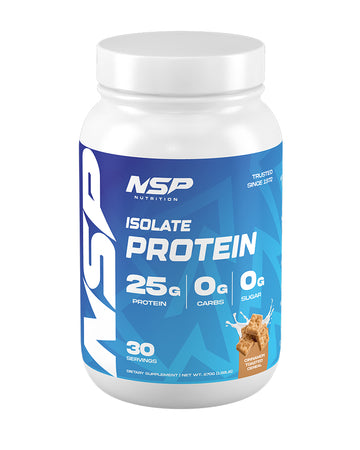
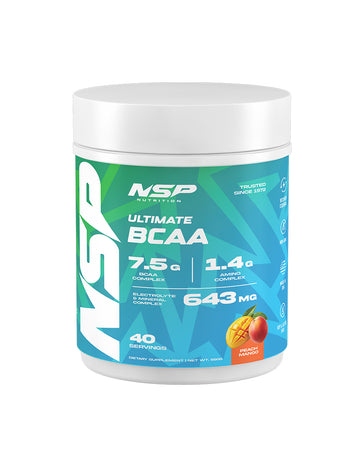
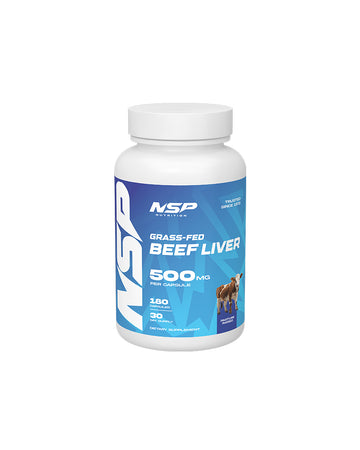
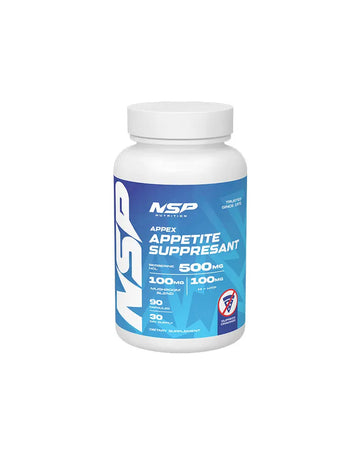
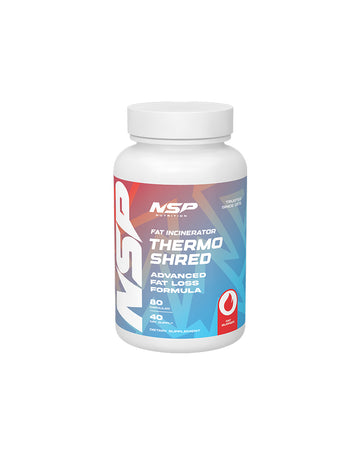
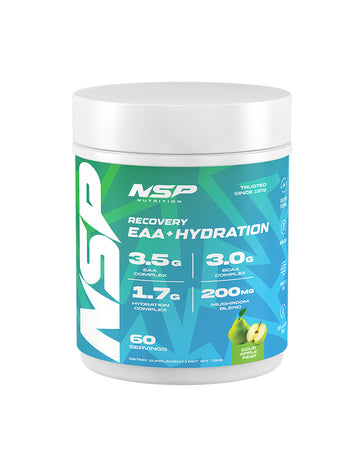
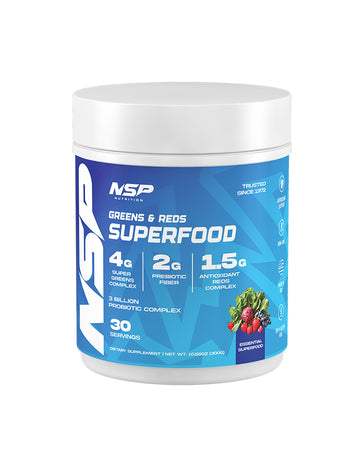
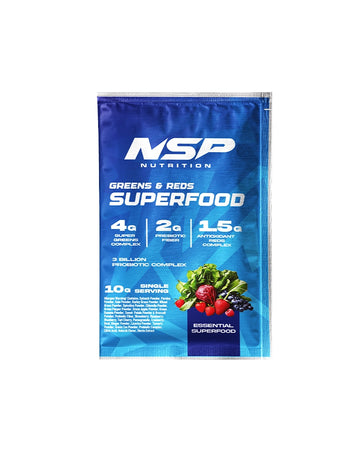
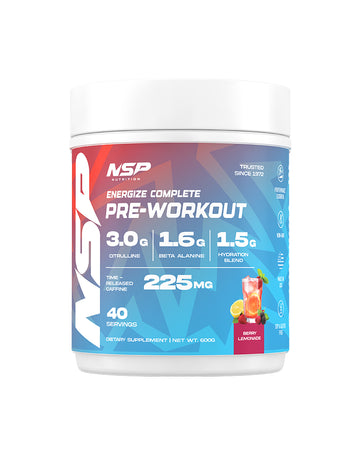
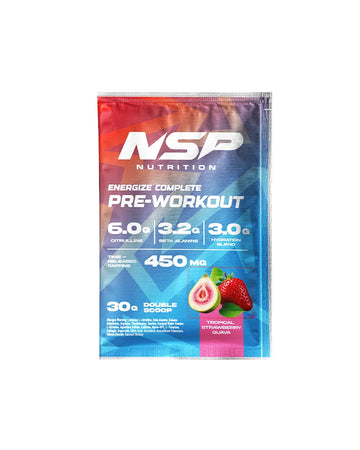

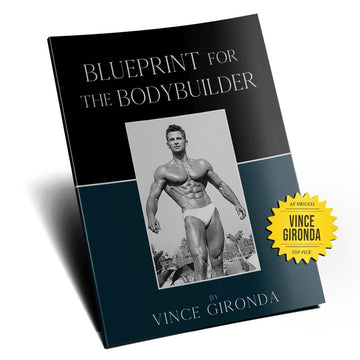
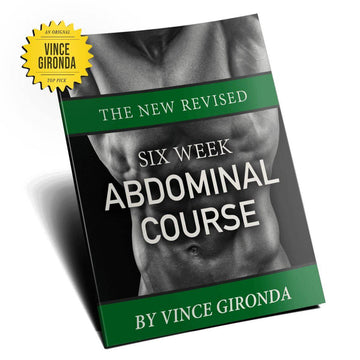

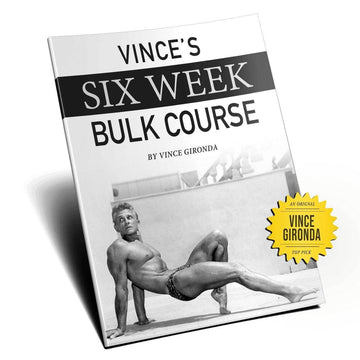
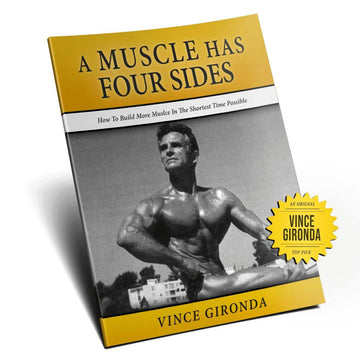






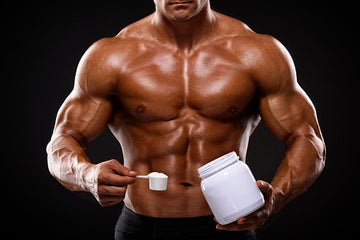

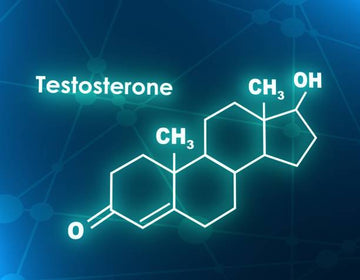


Good info,always used the Creatine MonoHydrate.No experience with the HCI.Just always bought the trusted brands,Larry Scotts,MuscleTech…etc.When broke Equate Brand.